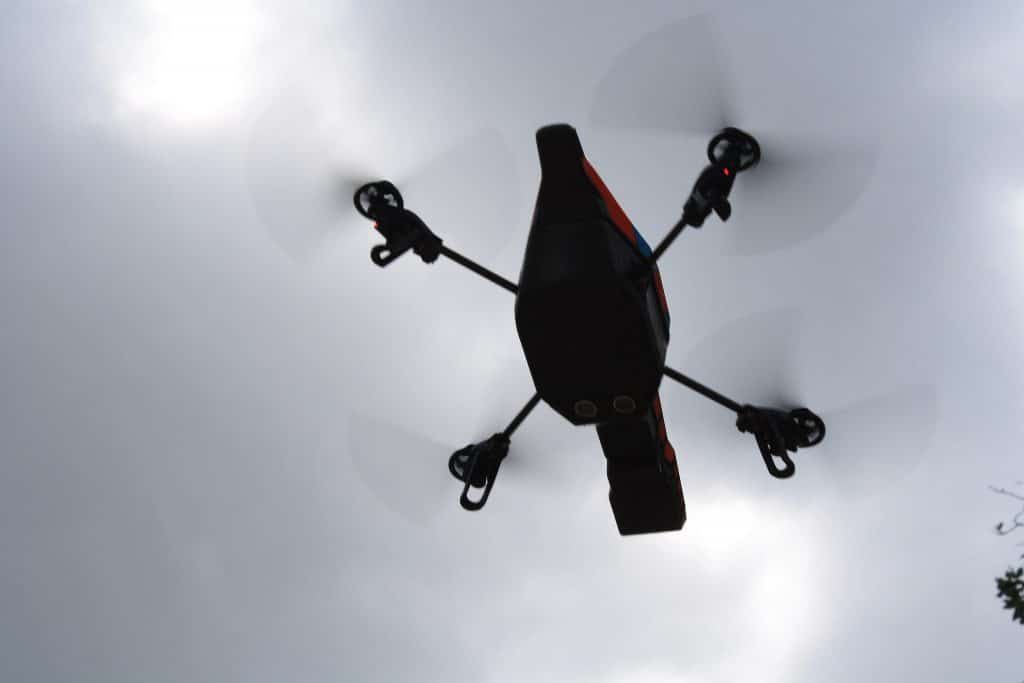Tech workers revolt
By Elisabeth Eaves | April 30, 2018

Once upon a time, a defense contractor was a defense contractor. If you went to work for Raytheon or Northrop Grumman, you knew you were going to build war machines. In this age of big data, cloud computing, and artificial intelligence, though, the definition of a weapon—and by extension a weapons manufacturer—is murkier. Much of our most cutting-edge technology is dual-use: It could be used for good, or it could be used to help kill people. Which has left some tech workers displeased with their employers’ Pentagon dealings.
Artificial intelligence has the potential to save lives, not to mention whittle away at the petty inconveniences of daily life. It can also be used, for instance, to enhance image processing for footage taken by drones, the better to allow a government to identify targets. In fact, that’s exactly the goal of Project Maven, a US Defense Department initiative for which Google is contracted to provide artificial intelligence. Earlier this month, more than 3,000 Google employees signed a letter to CEO Sundar Pichai asking that the company cancel its involvement with Project Maven and “draft, publicize and enforce a clear policy stating that neither Google nor its contractors will ever build warfare technology.”
Since then, an organization of technology employees called the Tech Workers Coalition has launched a petition calling for not only Google but also Microsoft, IBM, and Amazon to steer clear of Defense Department contracts. As the petition says, “tech companies that have vast quantities of sensitive data from users across the globe shouldn’t build offensive technology for one country’s military.” By Monday morning the petition had received 199 signatures out of a goal of 200.
At least since the 1960s, there have been many Americans who don’t want to actively participate in war and are inclined not to trust government. But two recent cultural shifts have made it harder for those groups to avoid involvement. First, consumer tech and military tech have became one and the same to a greater extent than ever before. Second, scientific knowledge now grows so exponentially that inventing weapons is by necessity a widely diffuse project, one that no government can accomplish exclusively in its own labs. The Pentagon needs Silicon Valley at least as much as the reverse.
Tech workers are realizing that as their companies’ most valuables assets, they have the power to flex some political muscle. So far, Google has not withdrawn from Project Maven, nor have major tech companies said they won’t bid on US defense contracts. But in this moment of flux, vocal tech employees may have the power to shape the eventual norm. Testifying before Congress on April 17, former Google CEO Eric Schmidt said the tech industry “is going to come to some set of agreements on AI principles—what is appropriate use, what is not.”
Publication Name: Tech Workers Coalition
To read what we're reading, click here
Together, we make the world safer.
The Bulletin elevates expert voices above the noise. But as an independent nonprofit organization, our operations depend on the support of readers like you. Help us continue to deliver quality journalism that holds leaders accountable. Your support of our work at any level is important. In return, we promise our coverage will be understandable, influential, vigilant, solution-oriented, and fair-minded. Together we can make a difference.
















consumer tech and military tech have became one and the same to a greater extent than ever before. Second, scientific knowledge now grows so exponentially that inventing weapons is by necessity a widely diffuse project, one that no government can accomplish exclusively in its own labs.